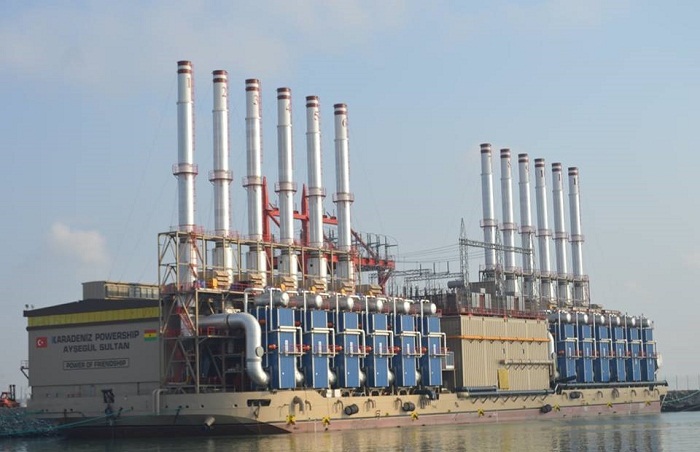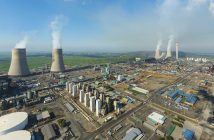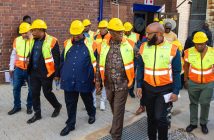- The government of Ghana has commissioned its first gas conversion the for Karpowership, a ship that produces electricity.
- The President of Ghana, Hon Akufo-Addo turned on the valves for natural gas to flow from the country’s gas fields, instead of using Heavy Fuel Oil (HFO).
- The plant has a capacity of 450 MW for the generation of power.
The Powership was temporarily decommissioned for the conversion before pre-commissioning works were carried out plus successful connection with the 330kV transmission lines in Sekondi. The relocation and conversion was in line with government’s strategic policy for the Powership to utilise Natural Gas from the Western Enclave in bid to save government millions of dollars annually.
The switch to natural gas is projected to save Ghana approximately US 170.5million per year. This will translate to a projected savings amount of US $1.2bn over the remaining term of the contract, through reduced electricity charges to consumers.
The generating units of the powership will be supplied with the 90 million standard cubic feet of gas daily (MMSCFD), which will reduce the cost of transporting gas to Tema and make gas cheaper compared to HFO.
“With Karpowership taking approximately 50% of the volume of the take-or-pay Sankofa gas for power generation over the remaining period of the Power Purchase Agreement (PPA), Ghana, will save a whopping monthly take-or-pay cost of US $40m and projected annual savings of US $480m,” said the Ministry of Energy.
Related news: Mozambique to import its own gas.
“The use of natural gas helps bring down the cost of electricity, saves our country, and makes it possible for us to look at a secure source of powering the transformation of our country’s economy and for the industrial development of Ghana. That is our main goal,” said President Akufo-Addo.
Author: Bryan Groenendaal











